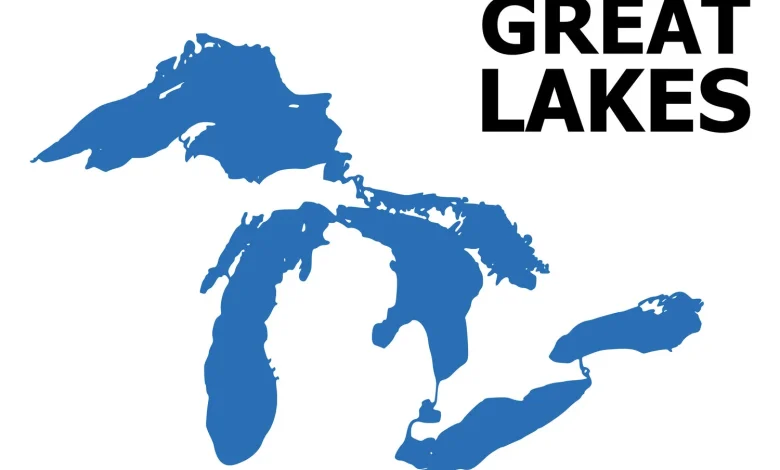From the editor: I like mine unsalted

Lake Huron rolls, Superior sings
In the rooms of her ice-water mansion
Old Michigan steams like a young man’s dreams
The islands and bays are for sportsmen
And farther below Lake Ontario
Takes in what Lake Erie can send her
And the iron boats go as the mariners all know
With the gales of November remembered
Those lyrics have been floating on air the past few weeks, as the 50th anniversary of the sinking of the Edmund Fitzgerald in Lake Superior came and went on Nov. 10.
The lyrics, sung by Gordon Lightfoot, touch on the beauty and mysticism of the Great Lakes — that, and the lakes rich history, have always captivated me.
Long before steamships carved through their waters and cargo vessels traced trade routes, the Great Lakes were the lifeblood of thriving Native American civilizations that rose and flourished along their shores for thousands of years.
The French fur traders who paddled into this world quickly learned to follow the routes their indigenous guides had perfected, understanding that the Great Lakes were not obstacles to overcome but gateways to fortune.
As European settlement intensified, the waters that had sustained indigenous communities became the engine of an entirely new economy—one that would transform the continent.
The Great Lakes then became the forge of industrial America, their waters churning with the ambitions and energies of a young nation.
Iron ore and coal moved across Superior, Erie and Michigan in an endless procession of vessels, feeding the factories that built America’s industrial might.
Cities erupted from wilderness — Cleveland, Detroit, Milwaukee Chicago — drawing immigrants from across the globe in search of work and opportunity.
The lakes also became a symbol of something grander — a shared resource between two nations that learned, gradually and imperfectly, to govern their common waters together.
Today, the Great Lakes carry the memories of indigenous civilizations, colonial ambitions and industrial dreams, but remain economically vital, handling millions of tons of cargo annually.
Their deeper significance lies in what they taught us through centuries: that geography isn’t destiny, but a powerful partner.
The five lakes remind us that the greatest achievements happen at the intersection of natural advantage and human determination.
While many dream of future ocean-side destinations, I like mine unsalted.
By Kris Leonhardt
MMC Senior Editor





